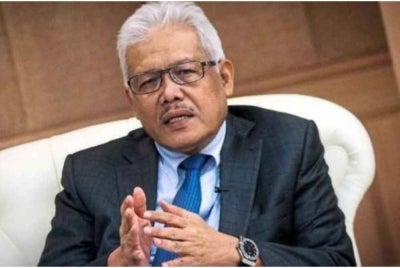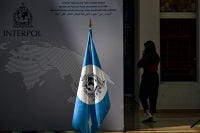Terengganu NRD records 232 cases of late birth registrations

KUALA TERENGGANU - Terengganu National Registration Department (NRD) receives a total of 232 late registrations for birth certificates throughout the state in the span of the first seven months of the year.
Its Director Mohamad Nasir Kareem said a low level of awareness among parents and relatives of newborn babies was one of the reasons why the number of cases of late registrations of birth certificates was still high.
"Among the reasons often given when presenting their applications at JPN are family issues, transportation and finances.
"We had a late registration case involving a 60-year old individual a few years ago and throughout the period the person had no personal identification documents.
"The application was approved however, it took some time because it involved investigations and a few processes following procedures set," he said.
He was met by reporters at the Menyemai Kasih Rakyat (Mekar) programme in conjunction with the 2022 National Day in Sultanah Nur Zahirah Hospital (HSNZ) here on Wednesday.
According to Nasir, the programme was a the departmnet’s initiative that encouraged residents to register births early within 60 days to provide an easier process for them to obtain a birth certificate.
He said registration done after the duration would be categorised as late registration and the process had to be done differently as well as some difficulties because it needed to be refined first other than the RM50 payment charged.
"Because of that, we urge the public not to take it for granted regarding birth registrations because it could bring issues on a later day such as being held back in education," he said.
Nasir said the Mekar programme became one of the JPN programs with the purpose to ease the issuance of identification documents such as MyKad and birth certificates for the disabled, the elderly, displaced patients and those in the outskirts.
"This represents the productive approach of the department in ensuring that every resident in the country that is eligible receives a valid identification document while also enjoying the convenience offered by the government," he said.
Download Sinar Daily application.Click Here!














